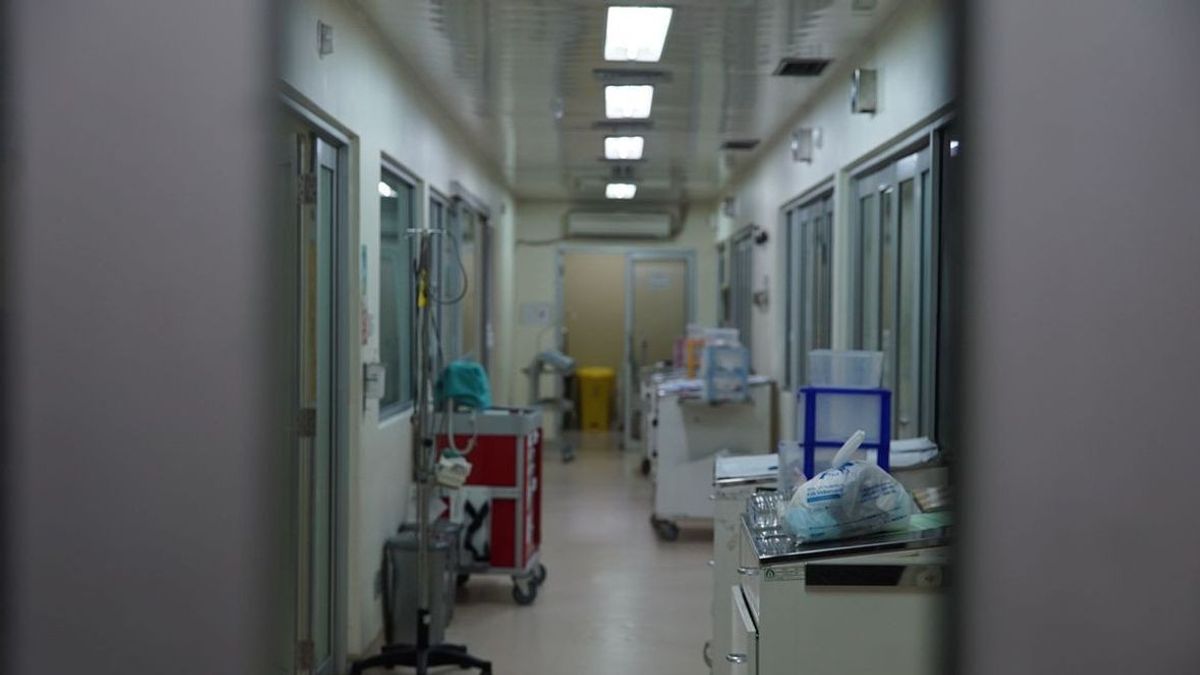JAKARTA - Acute hepatitis is now a disease of concern throughout the world, including Indonesia. Reportedly, there are already three children who are suspected of being victims of the disease whose cause is not yet known.
In order to prevent the transmission of acute hepatitis in their area, the Riau Islands Provincial Health Office began to disseminate prevention methods to the public. There are nine tips given.
The Head of the Riau Islands Health Office, Muhamad Bisri said, tips to prevent transmission of acute hepatitis were related to people's activities in daily life. These tips are related to the pattern of transmission of the hepatitis virus, namely through the digestive tract and respiratory tract.
"There are nine ways that should be applied in daily life so as not to contract the infectious disease," he said, as quoted by Antara, Saturday, May 7.
Bisri said five tips to prevent the virus from entering the digestive tract, namely washing hands regularly with soap, making sure food is cooked and clean, not sharing eating utensils with other people, avoiding contact with sick people, and keeping the house and environment clean.
As many as four other tips so that the virus does not enter through the respiratory tract, namely reduce mobility, use masks when traveling, keep your distance from other people, and avoid crowds.
"Efforts to prevent not contracting the hepatitis virus are similar to behavior so as not to contract COVID-19," he said.
He said, socialization of the prevention of acute hepatitis virus has also been carried out by the Ministry of Health since a few days ago. In addition to prevention, the Ministry of Health has socialized important efforts in handling hepatitis, namely being aware of the initial symptoms, not panicking, not waiting for further symptoms, and taking them to the hospital if there is a decrease in consciousness.
People infected with the virus have initial symptoms, such as diarrhea, nausea, vomiting, abdominal pain, and low-grade fever, while more severe advanced symptoms, such as yellowing of the skin and eyes.
"Immediately take the patient to the nearest hospital if the initial symptoms appear to get help," he said.
The English, Chinese, Japanese, Arabic, and French versions are automatically generated by the AI. So there may still be inaccuracies in translating, please always see Indonesian as our main language. (system supported by DigitalSiber.id)











